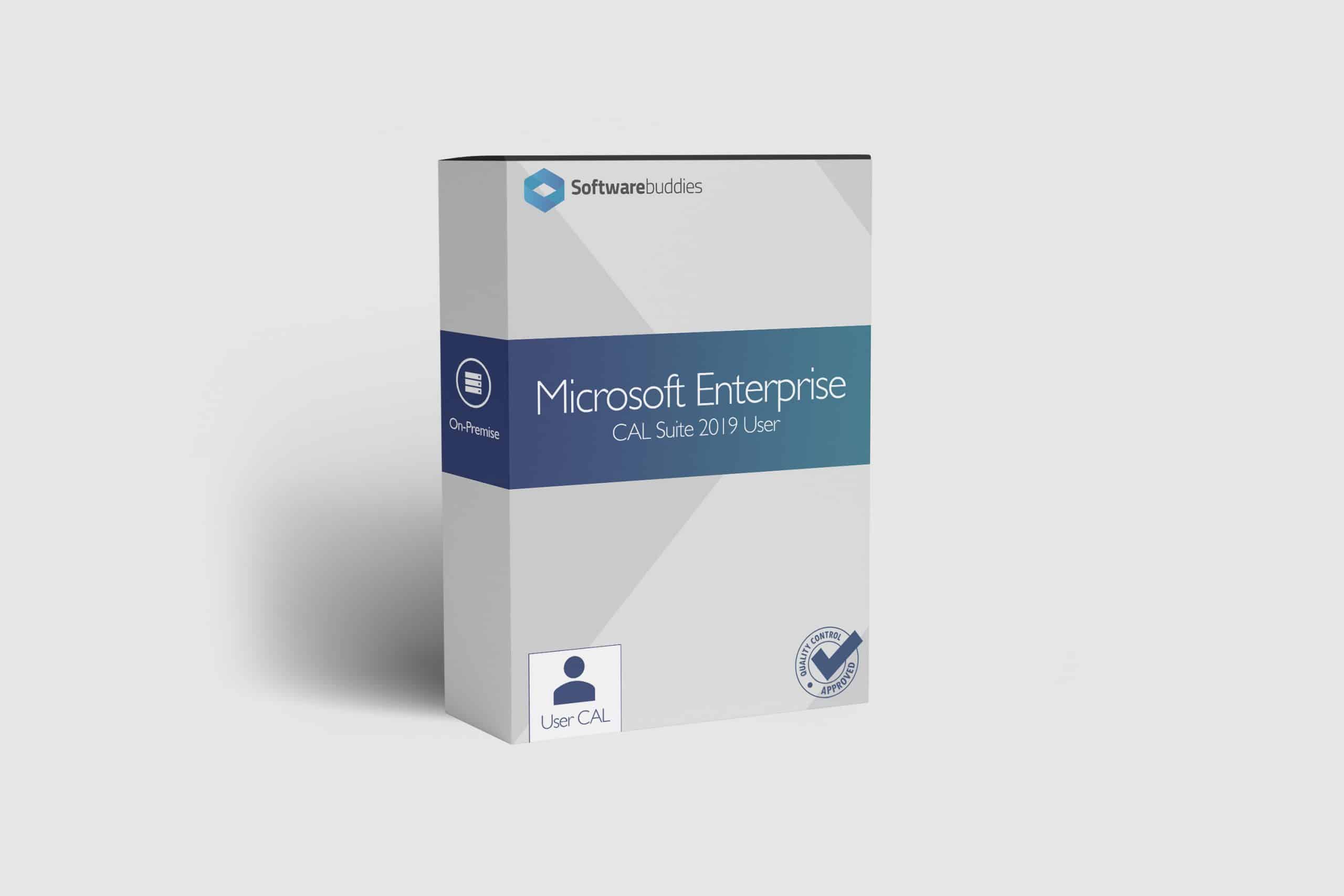


#ENTERPRISE USER CAL PASSWORD#
#ENTERPRISE USER CAL SOFTWARE#
Built-in malware and spam filtering features of the Exchange software remove viruses, spyware, and unwanted messages from mail in transit.Browser-based access (via Outlook Web App) to e-mail, calendar, contacts, and tasks.Storing a contacts database with e-mail and physical addresses, phone numbers, and other personal information scheduling tasks and tracking their completion.Sending and receiving e-mail and storing e-mails in a personal mailbox, and scheduling appointments and meetings and maintaining a personal calendar.The SCAL (pictured at the bottom) licenses Exchange's basic features, including the following: Exchange CALs are commonly purchased as part of the Core CAL Suite and Enterprise CAL Suite and are often bought organization-wide in Enterprise Agreements, but they can also be purchased stand-alone. Both types of CALs can be purchased for each user or for each accessing device (typically a PC).
#ENTERPRISE USER CAL FULL#
The SCAL is always required and the ECAL is additive, meaning accessing the full Exchange Server 2013 feature set requires the ECAL in addition to the SCAL. Client access to Exchange Server 2013 is licensed with two different Client Access Licenses (CALs), a Standard CAL (SCAL) and an Enterprise CAL (ECAL).


 0 kommentar(er)
0 kommentar(er)
